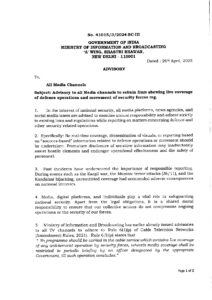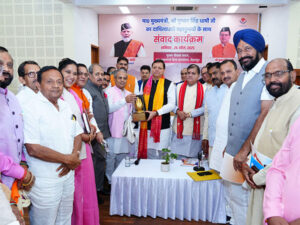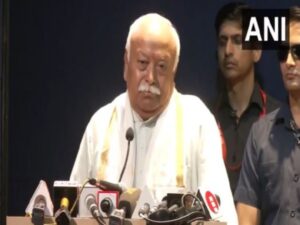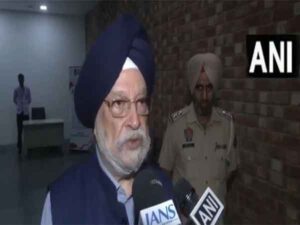Reservation policy requires relook: Justice Pankaj Mithal
New Delhi, Aug 1 (PTI) The reservation policy requires a fresh relook and new methods are needed for the uplift of people belonging to Scheduled Castes (SC), Schedule Tribes (ST) and Other Backward Classes (OBC), Supreme Court judge Justice Pankaj Mithal said on Thursday.
While concurring with the majority verdict on the right of states to sub-categorise SCs for granting quotas, Justice Mithal said notwithstanding the success or failure of the reservation policy, one thing is for sure that it has burdened the judiciary at all levels, especially the high courts and the Supreme Court with enormous litigation.
“The policy of reservation as enshrined under the Constitution and by its various amendments requires a fresh re-look and evolvement of other methods for helping and uplifting the depressed class or the downtrodden or the persons belonging to SC/ST/OBC communities.
“So long no new method is evolved or adopted, the system of reservation as prevailing may continue to occupy the field with power to permit subclassification of a class particularly scheduled caste as I would not be suggesting dismantling of an existing building without erecting a new one in its place which may prove to be more useful,” Justice Mithal wrote in a separate 51-page judgement.
Justice Mithal said in the constitutional regime, there is no caste system and the country has moved into a casteless society except for the limited purposes of affording reservation to the depressed class of persons, downtrodden or belonging to SC/ST/OBC.
“Therefore, any facility or privilege for the promotion of the above categories of persons has to be on a totally different criteria other than the caste maybe on economic or financial factors, status of living, vocation and the facilities available to each one of them based upon their place of living (urban or rural).
“The reservation, if any, has to be limited only for the first generation or one generation and if any generation in the family has taken advantage of the reservation and have achieved higher status, the benefit of reservation would not be logically available to the second generation,” he said.
Justice Mithal said a periodic exercise has to be undertaken to exclude the class of persons, who after taking advantage of reservation has come to march shoulder to shoulder with the general category.
The top court had reserved the verdict on February 8 on pleas seeking review of the E V Chinnaiah judgement, which in 2004 had ruled that all schedule caste communities which suffered ostracisation, discrimination and humiliation for centuries represented a homogeneous class incapable of being sub-categorised.
The verdict came on references to revisit the five-judge constitution bench judgement of 2004 in the case of EV Chinnaiah vs. State of Andhra Pradesh in which it was held that SCs and STs are homogeneous groups and states cannot further sub-classify them to grant quota inside quota for more deprived and weaker castes in these groups.






